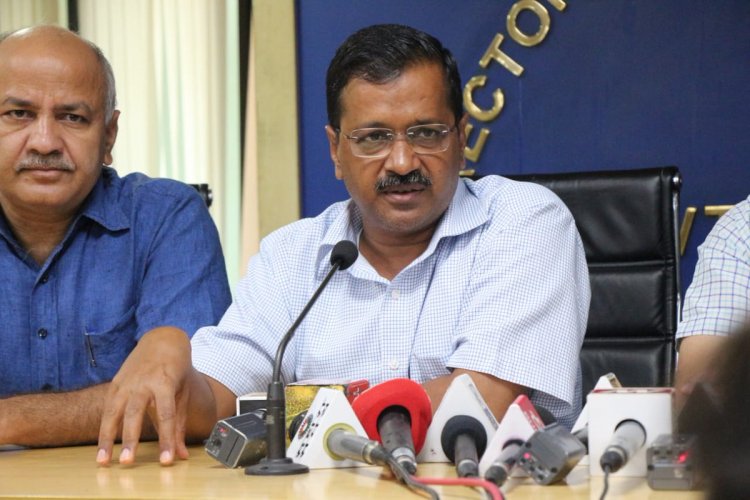Free travel not linked to women's safety, say experts

New Delhi: Experts in the field of public transport expressed mixed reactions on the Kejriwal government's proposal to make commute for women in public transport buses and Metro trains free, saying there was no direct link between safety and free rides.
Chief Minister Arvind Kejriwal announced the proposal on Monday, saying that the move, which will boost women's safety, will be implemented in two-three months.
"Safety of women is not linked to free rides for them in public transport. For women's safety, you also have to invest in modernisation of public transport systems," Anumita Roy Chowdhury, Executive Director (Research and Advocacy) at the Centre for Science and Environment, said.
Safety comes from the operation of buses and upgradation through a systemic change keeping in mind that 35 per cent Delhiites do not find public transport affordable, she said.
"This (move) is not helping us address the fundamental issue of shifting urban commuters to a modern, reliable and affordable public transport," she said.
"A policy concerning public transport needs to ensure that it is affordable to the majority of commuters, and not just women. It also requires to put in place measures to ensure financial sustainability of modernisation to have a reliable public transport for all," Roy Chowdhury added.
There is no link between women's safety and giving them free rides in public transport, Pravesh Biyani from IIIT Delhi said.
"The move should have come after deeper analysis of various factors on the ground since there is no direct link between safety and free travel. Instead of helping women's safety, it may even backfire because safety will not be boosted if buses and metros are overcrowded," he said.
Biyani said the concept of free travel has been implemented in some cities but it is aimed at encouraging public transport and not linked to women's safety.
A major aspect of women's safety is how they move from their place to a source of public transport rather than how safe they are in the modes of public transport, Sewaram, Professior of transport planning at the School of Planning and Architecture, said.
"Although women feel safe in public transport but those using private modes of transport like two-wheelers or cars are unlikely to switch to buses and Metro trains just because of fares," he said.















































